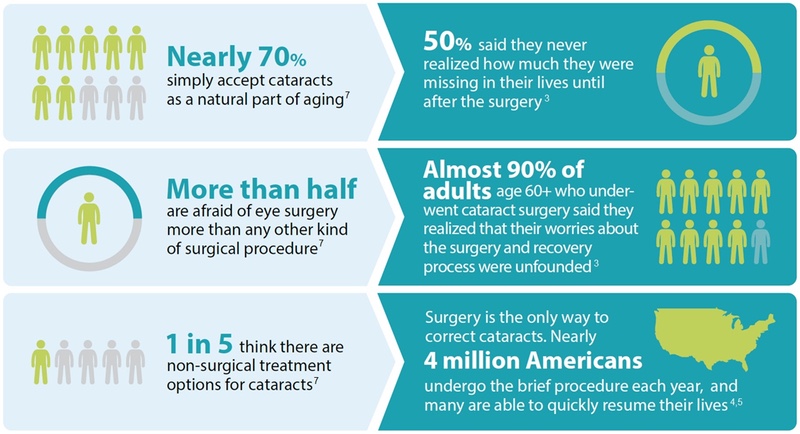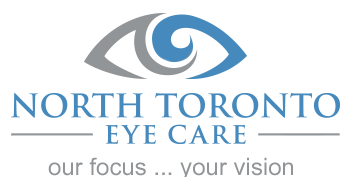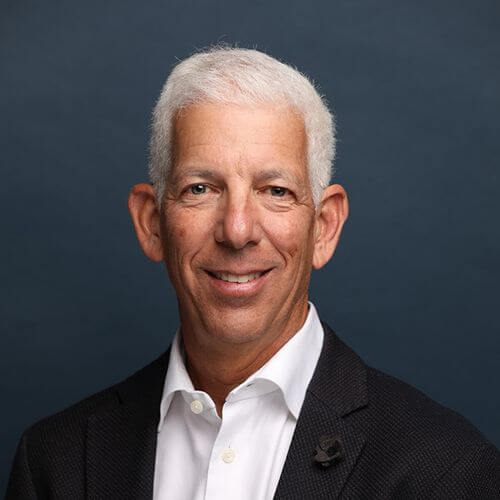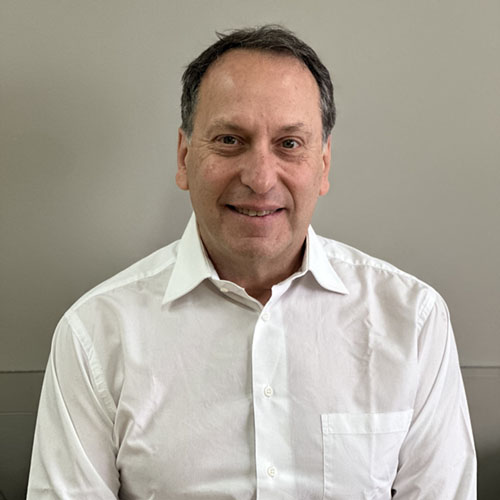Cataract
Within our eyes, we have a natural clear lens that helps us see. When this lens becomes yellow and cloudy, it is known as a cataract. Cataracts occur for many reasons, such as from aging, increased ultraviolet (UV) exposure, genetic predisposition, medication-induced, etc.
Click Here For More Information
Common symptoms of cataracts
- Blurry vision despite wearing correct glasses prescription
- Increased glare and halos around lights
- Poor vision in dim light environments
- Frequent changes in your glasses prescription
Cataract Vision Simulator






Do you have cataracts and what can be done about it?
An ophthalmologist or an optometrist will know whether or not you have cataracts after examining your eyes. They will grade your cataracts and help you decide whether they are visually significant and require surgical removal. Everyone’s cataracts progress at different rates. If you have been diagnosed with early cataracts, then it is a good idea to have annual eye exams so that your doctor can monitor the progression of your cataracts.
If left untreated, cataracts will worsen over time and may lead to permanent vision loss or even blindness. It is important to see your eye doctor regularly in order to detect cataracts as early as possible and to plan an effective treatment method.

Ready for Your Cataract Consultation?
Here’s what to expect
Our clinic is equipped with state-of-the-art technology. During your first visit to our clinic, we will perform several safe, and painless tests on your eyes using this technology. These tests and measurements will give your surgeon a better understanding of your eyes, such as whether or not you have corneal astigmatism, which can be different from the astigmatism found in your glasses or contact lenses.
In addition to testing, the surgeon will also perform a comprehensive, dilated eye examination on you to evaluate the severity of your cataracts and to assess whether you have any other underlying eye conditions that could also limit your vision. With both this detailed examination of your eyes and the testing done, the surgeon can better evaluate whether there are any particular risks to your eyes with cataract surgery.
Finally, at this visit you will be asked several lifestyle questions, such as do you drive a car, what are your hobbies, do you like wearing glasses, what are your expectations after surgery, etc. With all of this information, your surgeon will get a more complete understanding of your eyes and demands, and will allow him or her to recommond the best cataract surgery options for you.
Cataract Surgery Testimonial Video
Cataract Patient Instructions
- Pre-operative Instructions
- Post-operative Instructions
- North Toronto Eye Surgery Centre Driving Directions
- NYGH Minor Surgical Procedures and Elder Care Centre Eye Surgery Centre Admission Instructions
- Kensington Eye Institute Admission Instructions
- TLC Yonge & Eglinton Cataract Surgery Package
- Femto Patient Consent Form for Kensington Eye Institute





